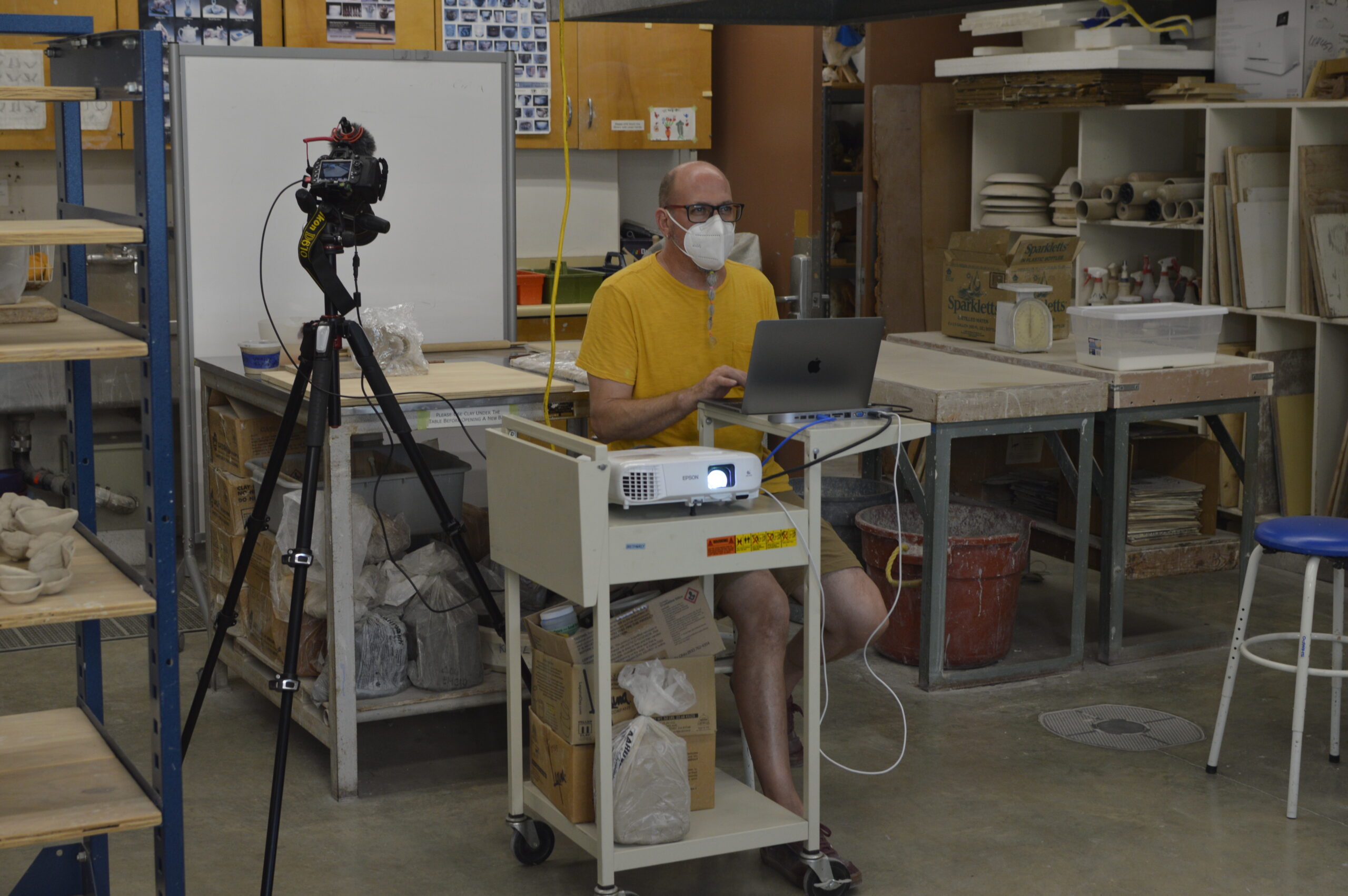Computer science is important and CSUDH is aiming for better diversity within the program. Photo from Unsplash by Lagos Techie
By: Lloyd Bravo, Staff Reporter
California State University, Dominguez Hills has received a $5 million donation from Snap Inc. (Snapchat) for the development and endowment of a new institute that focuses to enhance and expand computing education for students and faculty. The donation is the largest single contribution given to CSUDH.
The donation will be used to increase inclusivity and equity in computer science courses and help develop a new curriculum that advocates and encourages more student and faculty participation.
Snap Inc., along with 30 other tech companies, have compiled the Catalyze tech coalition, to help institutions by giving money to strengthen computer science education while focusing on upskilling faculty, future course development and help fund local community partnerships with school districts supporting black and hispanic/latinx communities.
The Catalyze Tech coalition, is an initiative to promote diversity, equity and inclusion by providing a framework of action to reduce high attrition rates of underrepresented groups.
As part of this funding project, Snap Inc and CSUDH are planning the paradigm to represent and increase diversity by investing into teachers at all levels, specifically computer science educators at college levels.
“Our goal is to present a particular CSUDH version of what computing education should look like …[and] hopefully in a few years will have both curriculum and faculty doing research on areas that are not that heavily researched.” said Dr. Jessica Pandya, the Dean of Education.
The donation will also be used to purchase computers, and other computing instruments including robotics and other physical devices.
“The United States graduates about 150,000 new teachers every year, and of those, about 100 to 120 are computer science educators,” said Dr. Mike Karlin, assistant professor of College of Education. “In general, there are massive gaps nationwide in computing science education…and it is not just at CSUDH.”
With the growing reliance of technology in every social and professional environment, expectations from newly graduated teachers to have a basic understanding of technology increases. This need is pushing for more education in computer science.
Pandya explains that the gifted funds are going to be allocated to a few areas of the CSUDH curriculum in various sections that are not exclusive to computer science.
“In the undergraduate area we want to look at our own courses for liberal studies that we offer and how we can better address the California state’s computing standards,” Pandya said.
Other plans include examining the content of the teacher credential programs for computing education on campus and how the institution can better handle computing standards in each of these initiatives. Master degrees courses for special education, curriculum instruction and dual-language programs may also see slight changes.
One of the more ambitious goals is creating a new four-course certification program for currently practicing school teachers (K-12) to help establish a clearer understanding of computing education that focuses on coding, algorithms, and algorithmic justice.
Pandya explains that $1 million will go to hiring staff, paying faculty, and helping with their personal development in computing education.
“Our mission is very big in that we impact the computer science experience with our teacher candidates and K-12 students in the surrounding area,” Karlin said. “But the main thing is to give students the opportunity to explore computer science and find out if it’s something that they love, can connect with and become passionate about.”



